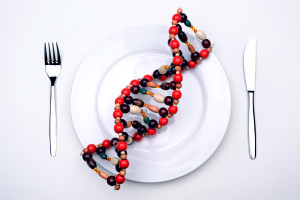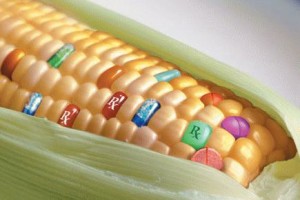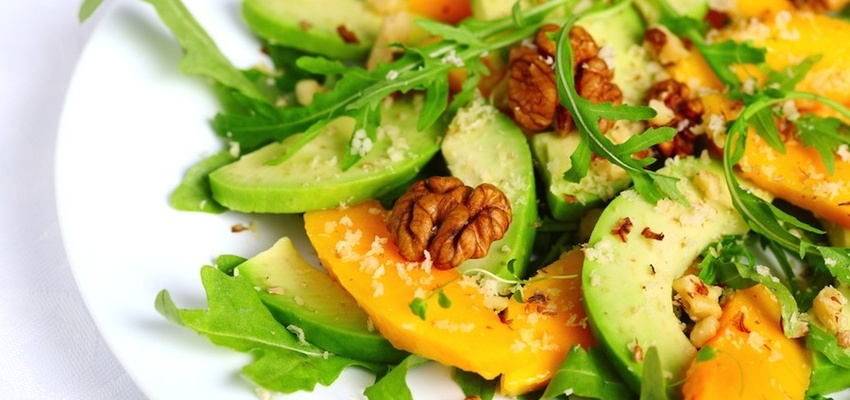Our progress in understanding human genes has been amazing. About 150 years ago, Gregor Mendel used peas to understand and formulate some rules of heredity, and 50 years ago, Watson and Crick described the DNA double helix. In 2003, the sequencing of the entire human genome was completed.

What surprised scientists, however, was that when the number of genes in human cells was counted and compared to other organisms, it turned out that our genome was significantly smaller than that of other species. For example, humans have about 25,000 genes in each cell, while the little flea has over 30,000! So while we had assumed because of our advanced capabilities and the structure of our organs, we would have over 100,000 genes this turned out to be wrong. Recently scientists have discovered ways to control the number of genes we have, in an exciting new field called epigenetics. This science explains how without actually changing our DNA we can cause changes in gene expression. One way we can influence genes, without changing their basic structure, is through our diet. We can say that our genes are the weapon, but it is our lifestyle that will pull the trigger. The effect of diet on our genes is called Nutritional Genomics. Let's look at it another way: our fork is so powerful that it can not only carry food into our mouths, but can be used as a genetic switch to change our weight, blood pressure, blood cholesterol, carcinogenesis, but also the chances of a healthy ageing. To date, most of the current studies in Nutritional Genomics have been done on a low-fat plant-based diet, the so-called Ornish diet. Let's take a look at some of these experiments.

A vegetarian diet can turn off prostate cancer genes.
Dr. Ornis, a cardiologist, gave 31 early-stage prostate cancer patients a plant-based, low-fat diet (about 10%). He also recommended gentle exercise such as walking. After three months, only 48 of the genes critical to carcinogenesis were still active, while 453 genes (those that control cancer growth and protein production) were less active in protein production. In general, blood tests for prostate cancer improved and tumors shrank.
A vegetarian diet improves inflammation, weight and vascular health. A recent study in Pennsylvania studied 63 people with heart disease who followed Ornish's program, compared to a group of 63 people who did not follow any particular program. While the second group showed no improvement in the health of the people studied, the Ornish group lost weight and the blood pressure of the patients in the group decreased by about 10%. After 12 weeks, the researchers found that 26 genes in the Ornish group showed different activity. After a year, 143 genes had done the same. The activity of genes that promote blood vessel inflammation was significantly reduced. In contrast, the group that did not follow a particular diet during the time did not show any noticeable change. When 2400 years ago Hippocrates wrote "let food be thy medicine", he had no idea that future scientific experiments would vindicate him. Food is no longer considered simply a source of energy containing proteins, carbohydrates and fats. Food is information and can be thought of as a remote control that controls gene expression.
¬The article is a translation from: http://www.mindbodygreen.com/0-13477/how-the-food-you-eat-changes-your-genes.html
The translation was edited by dermatologist-venereologist Dr. Konstantinos Kalokasidis

